A BC court says it’s a big deal
Buying a house is a huge decision. Investors need to know everything about a home before they can make an informed decision on whether to buy. That’s why sellers must fill out a BC Property Disclosure Statement.
It’s a form where sellers answer questions about the house’s condition—like whether there’s mold, flooding, or other problems.
But what if a seller tries to hide something important? A recent court case in B.C. shows that doing so can lead to serious consequences.
The case: hiding the truth about a BC property disclosure
In 2022, Carolyn Sewell signed a contract with Ehsan Abadian to buy his 4,000-sq. ft., four-bedroom, five-bathroom home in West Vancouver for $6.2 million. Before buying, Sewell looked at the seller’s Property Disclosure Statement that Abadian had filled out and found nothing of concern.
However, Sewell soon discovered the house’s back garden room had been enclosed without a permit. Upon learning of the unpermitted work, Sewell backed out of the contract, after already paying $300,000 of the $500,000 deposit.
Abadian refused to refund her deposit, so Sewell took him to court, arguing that by failing to disclose the unpermitted work, Abadian was either negligent or fraudulently misrepresenting the property.
The court’s decision
Last year, B.C. Supreme Court Justice Bruce Elwood ruled that judge found that Abadian eventually gave the needed information before the sale date, even if it was done poorly. The court decided he did not break the contract or mislead Sewell.
The court also ruled that since Sewell didn’t pay the balance of the deposit on time, Abadian could cancel the contract, ordered Sewell to pay him the remaining $200,000 owing on the deposit.
However, earlier this month, the B.C. Court of Appeal found the Abadian in fact had misrepresented the property by omission, given his knowledge and real estate background, and awarded judgment in Sewell’s favour, overturning the B.C. Supreme Court decision.
The panel of three justices ruled that Sewell was entitled to the amount of the initial deposit, $300,000, while Abadian’s counterclaim for the $200,000 still owing on the deposit was dismissed.
Why this matters
This case is important because it shows that sellers can’t hide problems with a property. Even if they don’t mean to deceive anyone, they can still be held responsible. Buyers have the right to know the truth, and if they don’t, they can take legal action.
For anyone thinking about buying a home, this case is a reminder to always read the Property Disclosure Statement carefully. And if something doesn’t seem right, ask questions or get advice from a lawyer or real estate expert. It’s better to be safe than sorry when it comes to making one of the biggest purchases of your life.
Have real estate questions? Clark Woods LLP can help. clarkwoods.ca/contact

